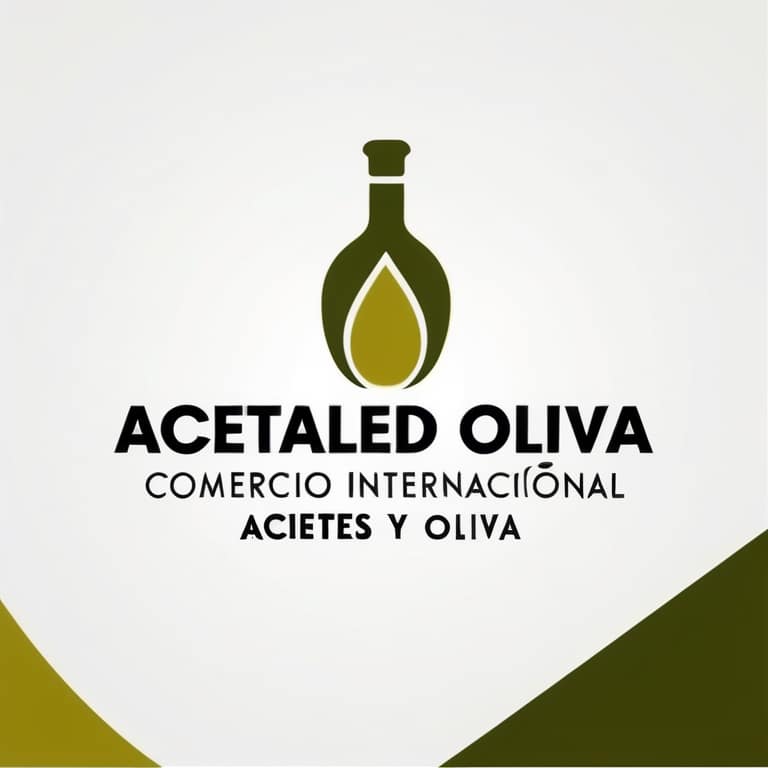Adapting to a Changing Climate
As global temperatures continue to rise, the production of olive oil is facing unprecedented challenges. Climate change brings with it erratic weather patterns, including intense heatwaves and prolonged droughts, directly affecting the health of olive trees. To combat these threats, producers are turning to drought-resistant olive varieties and improved irrigation systems, such as drip irrigation, to conserve water. These efforts are crucial not only to maintain harvest levels but also to ensure the quality of the oil, which is a key market differentiator.
Moreover, maintaining soil health is becoming increasingly important in the face of this environmental stress. By enhancing soil water retention and implementing organic soil improvement techniques, growers are positioning themselves to better withstand extreme weather events. Educational collaboration with universities and research institutions underscores the sector’s dedication to long-term sustainability through proactive measures.
Leveraging Technological Innovations
Innovation is at the heart of the modern olive oil industry, offering pathways to refined production processes and enhanced product quality. Spanish olive mills are embracing automation to expedite olive processing while upholding flavor and nutritional integrity. Technological advancements such as AI-driven crop monitoring and drone imagery are becoming essential tools for real-time data acquisition and decision-making.
Furthermore, digital traceability initiatives are crucial in fortifying consumer trust, ensuring that every bottle of olive oil is authentic and of the highest quality. This heightened level of transparency is increasingly demanded by consumers who value not just the product but also its provenance.
Sustainability Initiatives and Their Impact
Commitment to sustainability is reshaping the olive oil industry. Olive mills are now integrating renewable energy sources, like solar panels and biogas plants, to lower emissions and repurpose waste. By converting organic waste into biofuel and fertilizers, producers are fostering a circular economy that mitigates environmental impact.
This focus on eco-friendly practices aligns with consumer trends toward organic farming methods. Organic cultivation not only enhances environmental protection but also positions olive oil within a premium market niche, appealing to eco-conscious consumers.
Navigating International Competition
Spain’s status as the world leader in olive oil production is challenged by emerging producers worldwide. To maintain its edge, the Spanish industry is focusing on quality, innovation, and strategic international marketing. Protected Designations of Origin (PDO) shields ensure authenticity, which is crucial in safeguarding the global reputation of Spanish olive oil.
Expanding into new markets, especially in Asia and Latin America, offers growth potential. With increasing exports, participation in international trade fairs, and strategic marketing efforts, Spain is cementing its leading position on the world stage.
Exploring New Market Opportunities
The olive oil market is evolving with emerging trends towards flavored oils, organic options, and olive-based cosmetics. These innovations provide opportunities for diversification and tap into new consumer demographics seeking high-quality, natural products.
This strategic diversification not only boosts profitability but also attracts younger, health-conscious consumers. The innovative development of new products is therefore pivotal to the future success of the industry.
The Role of Consumer Education
Consumer education is vital in driving demand for high-quality olive oil. Awareness campaigns that emphasize culinary and health benefits of olive oil can influence consumer preferences.
The sector must engage in transparent communication about product authenticity and traceability, meeting consumer demand for sustainable and value-added products. As consumers become more informed, meeting these expectations will be critical for industry growth.
Conclusion for General Audience
The olive oil industry’s future hinges on its ability to innovate and adapt to climate challenges while maintaining sustainability and competitiveness. By focusing on quality and responding to consumer demands, the industry can thrive despite global challenges. Emphasizing consumer education and sustainable practices will further enhance its growth.
Spain’s olive oil industry stands on the cusp of promising growth, driven by innovation and sustainability. As climate adaptation strategies and technological advancements are adopted, the sector is well-positioned to meet new consumer demands and continue its global leadership.
Technical Conclusion
For industry experts, the sustainable development of olive oil production hinges on advanced agricultural practices, efficient water management, and leveraging technology for enhanced monitoring and predictive analysis. Collaboration with academic and technological institutions is critical to developing resilient, innovative approaches to climate change impacts.
Strategically, the industry must explore diversified revenue streams by capitalizing on by-products for bioenergy and soil enhancement, ensuring continued economic viability amidst global market pressures. Embracing integrated technologies and sustainability frameworks will position the sector for enduring success.




